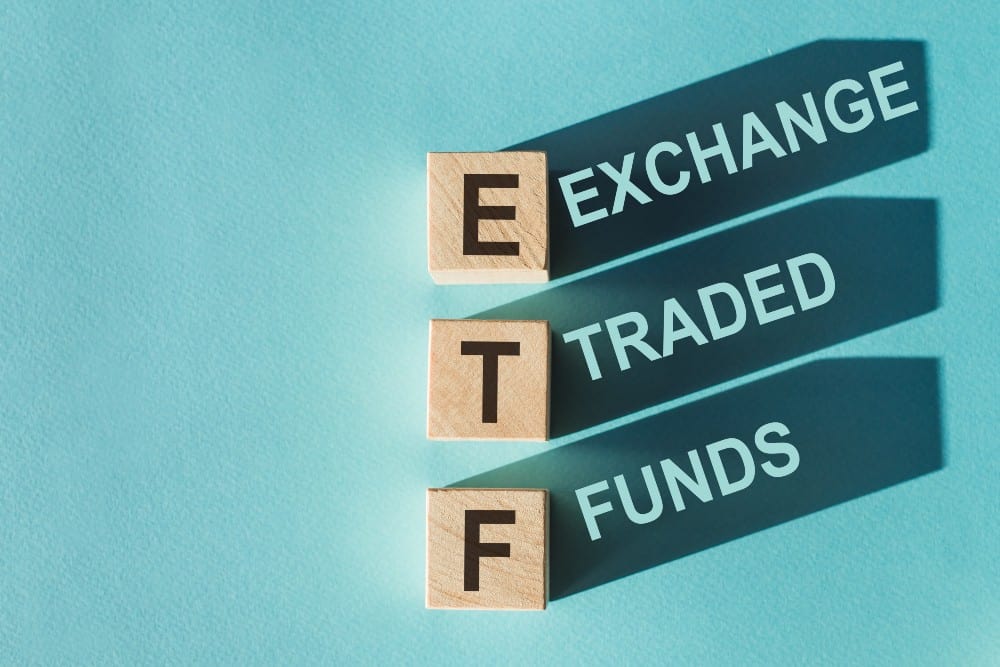If you have to make a lifetime financial bet for growth, what would be a better option: a stock, a specific sector, or the market as a whole? All three answers may be correct, but the easiest right answer is the last one.
With that in mind, there are three index fund ETFs that you may consider buying for a lifetime.
A TSX-focused ETF
Horizons S&P/TSX 60 Index ETF (TSX:HXT), as the name suggests, follows the top 60 securities of trading (at any given time) on the TSX. And though it may seem like a sample instead of the whole market, it’s essential to understand that the 60 giants make up most of the weight of the total stock market in Canada.
The ETF’s performance has tracked the performance of the benchmark quite faithfully so far, and the annualized returns (10 years) for both are currently 6.8%. This number might seem small, but it’s highly sustainable, and you may be able to grow your investments considerably (in this ETF), given enough time. The expense ratio is almost non-existent at 0.04%, so it wouldn’t eat into your profits/returns.
A NASDAQ-focused ETF
If you are looking for a bit more aggressive growth, the NASDAQ index across the border is a good pick, and one ETF that offers you exposure to it is Horizons NASDAQ100 Index ETF Units (TSX:HXQ). The ETF, or more accurately, the underlying index, focuses on the 100 largest securities in the NASDAQ index, the bulk of which is occupied by the tech giants.
In this ETF, about a third of your capital will be in the four tech giants: Apple, Microsoft, Amazon, and Meta. But that’s not necessarily a bad thing. The fund has returned over 160% to its investors in the last five years and the annualized returns (for five years) are 23.8%. At this rate, the ETF might offer 300% growth to its investors about every 10 years, and even the slightly higher 0.28% MER seems justified.
An S&P 500 ETF
For a relatively broader exposure to the U.S. market, consider investing in Vanguard S&P 500 Index ETF (TSX:VFV). The fund follows the S&P 500 quite faithfully and, so far, has only deviated from the benchmark by a relatively small margin. It also comes with a very small MER of 0.09%, so holding it long term might will not result in high accumulated fees.
The growth potential of this ETF is quite significant. It has returned about 250% to its investors since its inception (2012). So, if you buy it now and hold it for three or four decades, you can expect it to grow your capital at an incredible pace. The only way this ETF can lose you money, in the long run, is if the U.S. economy starts declining permanently.
Foolish takeaway
The three ETFs offer a healthy combination of performance and MERs, and all are strong long-term holdings. Some offer more rapid growth, while others offer more stability. But the best course of action would be to create a portfolio that includes all of these (or other, similar ETFs).








